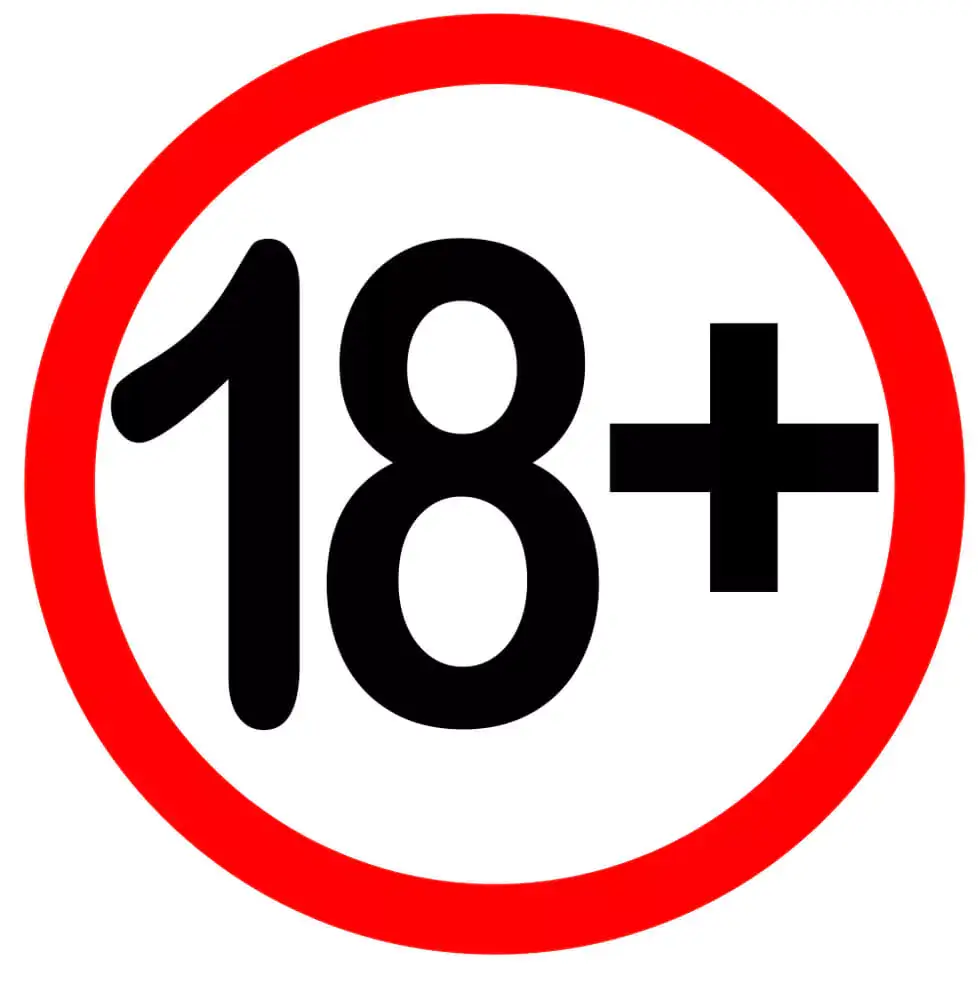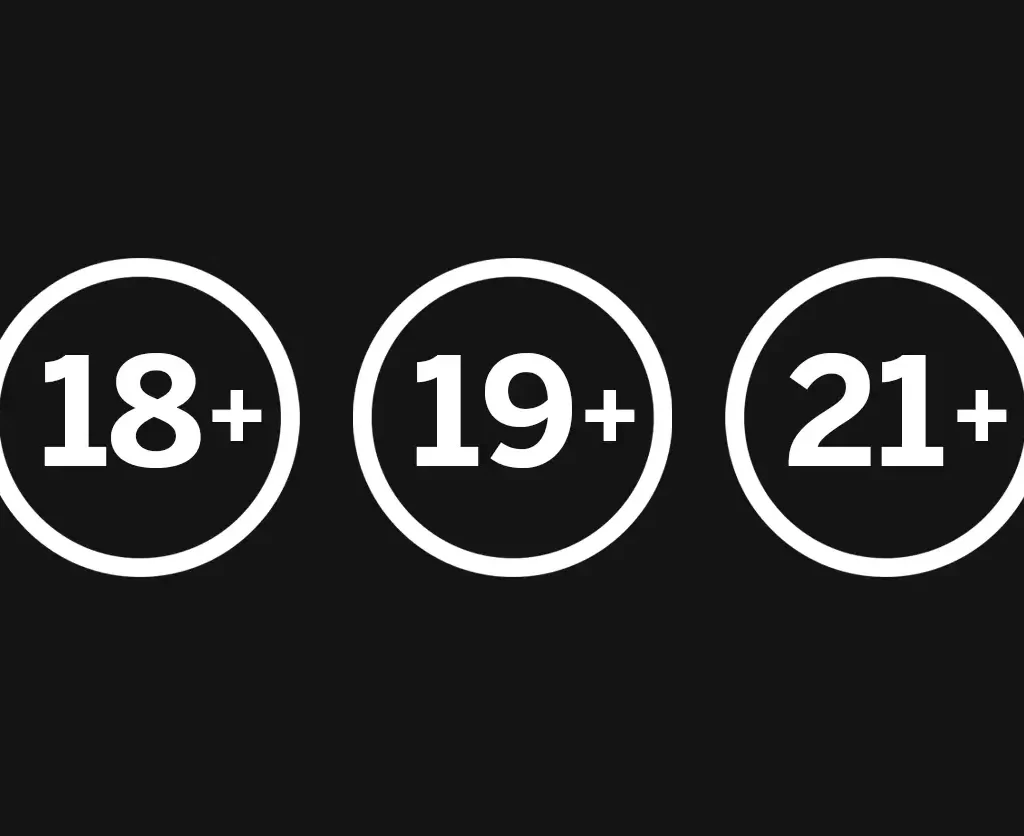WARNING: This product contains nicotine. Nicotine is an addictive chemical.

Vaping, once hailed as a revolutionary alternative to traditional smoking, has evolved into a topic of immense significance. Its impact resonates not only with consumers seeking a less harmful habit but also with policymakers and regulators grappling with an unforeseen challenge: adolescent vaping. In this vaping guide, we will delve into one of the fundamental aspects of this rapidly evolving landscape – the legal age to buy vapes.
The concern surrounding adolescent vaping has escalated in recent years, prompting regulatory interventions on a global scale. With a surge in vaping’s popularity, particularly among younger demographics, legislators are faced with the formidable task of curbing its appeal to minors while balancing the needs of adult consumers.

The rise of vaping in the early 21st century marked a significant shift in the way people approached nicotine consumption. Introduced as a less harmful alternative to traditional smoking, electronic cigarettes offered users the experience of inhaling vaporized nicotine without the harmful combustion associated with tobacco. This novel approach quickly gained popularity among adults seeking to quit smoking or find a less harmful alternative.
However, the rapid proliferation of vaping products brought about unforeseen challenges. One of the most pressing concerns was the increasing number of adolescents embracing this trend. E-cigarettes, with their appealing flavors and sleek designs, began to attract a younger demographic, creating a new set of public health concerns.
Initially, there were few regulations governing the sale and use of vaping products. Manufacturers operated in a regulatory gray area, with little oversight from authorities. This lack of oversight allowed vaping to flourish as an industry, but it also meant that there were no clear age restrictions in place to prevent minors from purchasing and using these products.
As the popularity of vaping among adolescents continued to grow, so did the concerns of parents, educators, and public health advocates. Reports of teenagers using e-cigarettes at an alarming rate prompted a response from lawmakers. The initial lack of regulations had allowed vaping to gain a foothold among young consumers, and legislators found themselves playing catch-up in an attempt to address this pressing issue.
In the face of evolving societal concerns and the rapid growth of the vaping industry, the introduction of age restrictions became a crucial component of efforts to regulate vaping and protect young consumers from its allure. The journey to establish age restrictions reflected the complex interplay between public health, consumer rights, and the need to strike a balance between protecting adolescents and allowing adult smokers access to potentially less harmful alternatives.

In the United States, the legal age to purchase and use vaping products underwent a significant transformation with the introduction of the federal Tobacco 21 law. This law, signed into effect in December 2019, raised the minimum age to buy tobacco and vaping products from 18 to 21 across the entire country. The driving force behind this legislative change was the growing concern over teen vaping.
Implications of the Tobacco 21 Law
The federal Tobacco 21 law was a response to the rapid increase in adolescent vaping, particularly driven by the popularity of devices like JUUL. While the law does not impose penalties on individuals under 21 for using or possessing vaping products, it does hold retailers accountable. Retailers are prohibited from selling tobacco and vaping products to anyone under the age of 21. Moreover, the law mandates that states demonstrate active enforcement of this age limit, potentially risking the loss of federal substance abuse matching grants for non-compliance.
State-Level Regulations Before Federal Law
Before the federal law, individual states and municipalities had already taken steps to regulate the age for purchasing vaping products. New York City was a trailblazer in this regard, implementing a vaping age limit of 21 as early as 2014. Hawaii followed suit in 2016, becoming the first state to raise the minimum vaping age to 21. By the time the federal law was enacted, around 19 states and hundreds of cities and counties had imposed Tobacco 21 restrictions of their own.
Exemptions and Penalties
The federal Tobacco 21 law focuses on penalizing retailers rather than consumers. It does not impose penalties on those under 21 who use or possess vaping products. However, states and localities have the flexibility to add their own penalties for individuals who violate these age restrictions. Additionally, the federal law supersedes any existing local exemptions. For instance, exemptions that previously existed for certain groups, such as active-duty military members, no longer apply under the federal law.
The Push for Tobacco 21 Laws
The push for Tobacco 21 laws had its origins in New York City, where a vaping age limit of 21 was introduced in 2014. The primary motivation behind these laws was to reduce the availability of vaping and tobacco products to adolescents. Advocates argued that raising the legal age to purchase these products would limit access among younger teenagers, who often had 18-year-old friends who could legally buy vaping products.
Lobbying Efforts and Organizations
The efforts to pass Tobacco 21 laws received support from various organizations and foundations dedicated to tobacco control and public health. One notable organization, the Preventing Tobacco Addiction Foundation, was founded by an Ohio State University medical professor and played a key role in promoting Tobacco 21 laws. This organization not only opposed smoking but also maintained a zero-tolerance policy toward vaping.
Controversies and Criticisms
Despite the well-intentioned goals of Tobacco 21 laws, they have not been without controversy and criticism. Some critics argue that these laws may inadvertently lead some young adult vapers to turn to cigarettes, a more readily available nicotine source for those aged 18 to 20. Additionally, concerns have been raised about the impact of these laws on adult smokers seeking to quit, as they may face additional barriers in accessing vaping products.

The United States, as of the federal Tobacco 21 law passed in December 2019, has set the legal age to purchase vaping products at 21. Before the federal law, individual states had their own regulations, with some states allowing sales to individuals as young as 18.
When comparing the United States to other countries, it’s evident that age restrictions on vaping products can differ significantly. Some countries align their vaping age limits with the legal age for tobacco products (usually 18 or 19), while others set unique age thresholds based on their specific health policies and societal considerations.
The legal Vaping Age 18
The legal Vaping Age 19
The legal Vaping Age 20
The legal Vaping Age 21
Countries that Ban Vapes
The legal age to buy a vape is a crucial aspect of the ever-evolving vaping landscape. The rise of vaping as an alternative to traditional smoking brought about unforeseen challenges, particularly concerning adolescent vaping. The introduction of age restrictions became a necessity to curb the appeal of vaping to minors while ensuring access for adult consumers.
Despite well-intentioned goals, Tobacco 21 laws have faced criticism, with concerns about potential unintended consequences, such as young adult vapers turning to cigarettes. These age restrictions vary significantly worldwide, with some countries aligning vaping age limits with tobacco and others setting unique thresholds based on their health policies.
As vaping regulations continue to evolve, it’s essential to consider the complex interplay between public health, consumer rights, and the need to strike a balance between protecting adolescents and providing access to less harmful alternatives for adult smokers.
If you want to know more, please refer to this article:
https://keystonevape.com/best-vape/top-10-disposable-vape-manufacturers-in-2023/
